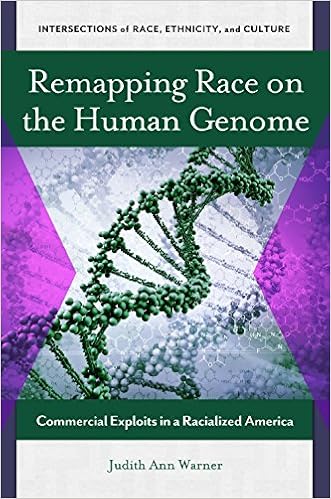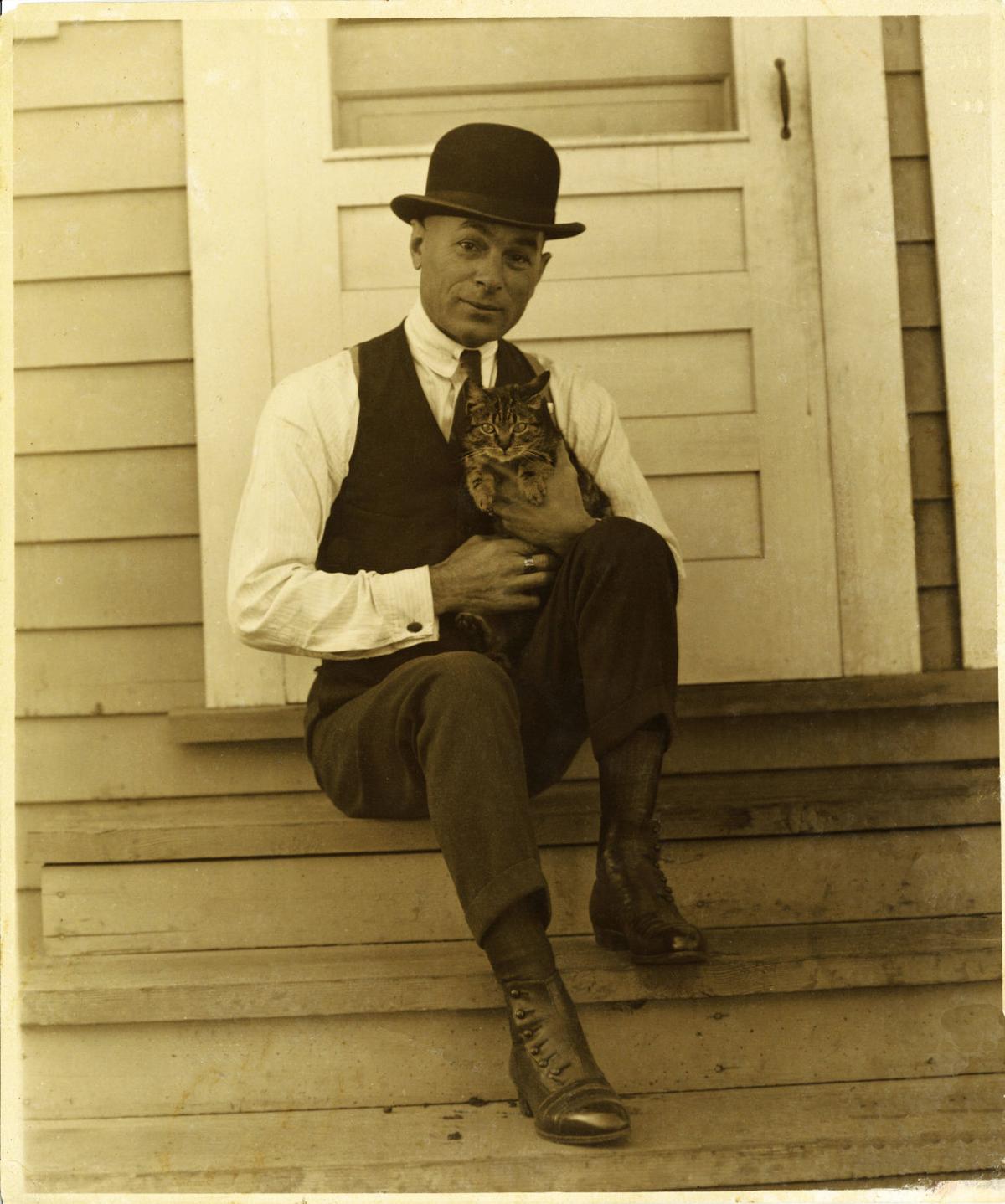Call For Papers: Spaniards, Natives, Africans, and Gypsies: Transatlantic Malagueñas and Zapateados in Music, Song, and Dance
2016-10-16

K. Meira Goldberg, Visiting Research Scholar
Foundation for Iberian Music
The Graduate Center
The City University of New York
365 Fifth Avenue
New York, New York 10016
Prof. Walter Clark, Director
The Center for Iberian and Latin American Music
Department of Music
University of California
900 University Avenue
Riverside, California 92521
Antoni Pizà, Director
Foundation for Iberian Music
The Graduate Center
The City University of New York
365 Fifth Avenue
New York, New York 10016
apiza@gc.cuny.edu
The Center for Iberian and Latin American Music at the University of California at Riverside, and the Foundation for Iberian Music at The Barry S. Brook Center for Music Research and Documentation at the CUNY Graduate Center will host a conference on the transatlantic circulation of malagueñas and zapateados at University of California, Riverside on April 6–7, 2017.
In the inaugural conference in this series, Spaniards, Indians, Africans, and Gypsies: The Global Reach of the Fandango in Music, Song, and Dance, we gathered in New York to explore the fandango as a mestizaje, a mélange of people, imagery, music and dance from America, Europe, and Africa, whose many faces reflect a diversity of exchange across what were once the Spanish and Portuguese Empires. At that conference, we considered the broadest possible array of the fandango across Europe and the Americas, asking how the fandango participated in the elaboration of various national identities, how the fandangos of the Enlightenment shed light on musical populism and folkloric nationalism as armaments in revolutionary struggles for independence of the eighteenth and nineteenth centuries, and how contemporary fandangos function within the present-day politics of decolonialization and immigration. We asked whether and what shared formal features—musical, choreographic, or lyric—may be discerned in the diverse constituents of the fandango family in Spain and the Americas, and how our recognition of these features might enhance our understanding of historical connections between these places. We hoped with that pioneering effort to gather international, world-renowned scholars to open new horizons and lay the foundation for further research, conferences, and publications. We are immensely proud of that 2015 gathering, and of the two published editions of its proceedings: in bilingual form in the Spanish journal Música Oral del Sur (vol. 12, 2015) and in English (forthcoming 2016 from Cambridge Scholars Publishing).
But the inaugural conference merely set the first stone. All of the participants in the 2015 meeting agreed that conversations should continue, relationships should develop, and that many questions and avenues of research remain. We are therefore pleased to issue a call for papers for the upcoming conference on two nineteenth-century forms related to the fandango—at least in their standing as iconic representations of Spanishness: malagueñas and zapateados.
How do these forms comprise a “repertoire” in performance theorist Diana Taylor’s sense of the term as enacting “embodied memory” and “ephemeral, nonreproducible knowledge,” allowing for “an alternative perspective on historical processes of transnational contact” and a “remapping of the Americas…following traditions of embodied practice”? The Center and the Foundation invite interested scholars, graduate students, and practitioners including musicians and dancers to propose presentations on all subjects related to malagueñas and zapateados. Although we are not limited to them, we expect to gain special insight into the following topics:
- From their virtuoso elaborations in flamenco song, to the solo guitar rondeñas of “El Murciano,” from the 1898 La malagueña y el torero filmed by the Lumière brothers to Denishawn’s 1921 Malagueña, from Isaac Albéniz’s iconic pianistic malagueñas to the interpretation by Cuban composer Ernesto Lecuona which, as Walter Clark observes, became a global pop tune, how do malagueñas address the aspirations of growing middle-class concert audiences on both sides of the Atlantic?
- How do they reflect and crystalize prevailing yet contested notions of what is “Spanish”?
- How, in the transgressive ruckus and subversive sonorities of Afro-Latin zapateados circulating through, as performance scholar Stephen Johnson says, the ports, waterways, and docks of the Black Atlantic may we describe the race mimicry inherent in nineteenth-century performance?
- What is the relationship of zapateado with tap and other forms of percussive dance in American popular music?
- And how in the roiled and complicated surfaces of these forms may we discern the archived rhythmic and dance ideas of African and Amerindian lineage that are magical, or even sacred?
- How do zapateado rhythms express the tidal shift in accentuation of the African 6/8 from triple to duple meter described by Rolando Perez Fernandez?
- How did the zapateados danced in drag, in bullrings and ballets, resist nineteenth-century gender codes?
- What secrets are held in the zapateados performed on a tarima planted in the earth and tuned by ceramic jugs in Michoacán?
- In light of compelling research by Andrés Reséndez and Benjamin Madley into the devastating history of enslavement and genocide of indigenous peoples of the Americas, what new considerations arise with regard to best practices for historiographically aware nomenclature? How should we view and use words like “Indian,” “Native,” “mestizo,” “criollo,” etc.?
Paper presentations will be 20 minutes, with 10 minutes of discussion. We also welcome workshop-style presentations incorporating dance, music, and song. Please send a title and a 150-200 word abstract to K. Meira Goldberg at fandangoconference.cuny@gmail.com. by December 31, 2016.






